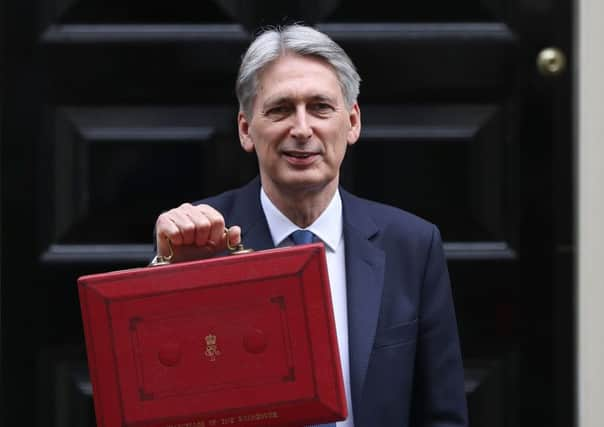Leader comment: A scrambled eggs Brexit is on the menu


Brexit Secretary David Davis, says nothing has changed from the 12-point approach set out by Prime Minister Theresa May in January, including the assertion that “no deal would be better than a bad deal”.
But yesterday chancellor Philip Hammond warned that no deal would be “a very, very bad outcome for Britain”. He is clearly looking for a softer, more flexible approach – “a slope, not a cliff-edge”.
Advertisement
Hide AdAdvertisement
Hide AdThis would suggest he would prefer the UK remain in the Single Market and the Customs Union though his TV interview remarks indicated a contrary position. This ambiguity may be seen as a cunning ploy to keep the EU guessing as to what the UK would finally settle for. However, it may also be seen as evidence that the government is quite unclear as to its ultimate objectives. The hung parliament has denied Mrs May the commanding mandate she expected and there is wide speculation of a softer approach now.
Reinforcing this ‘back from the brink’ mood, five major UK business bodies have called for continued access to the Single Market until a final Brexit deal is made. They also urge the government to “put the economy first”, a sentiment strongly echoed by Mr Hammond yesterday, while the government’s immigration reduction targets will be kicked into the long grass.
Amid all this conjecture and ambiguity no definitive conclusions can be reached. But one possible outcome is less a ‘hard’ or ‘soft’ Brexit but a ‘scrambled eggs’ outcome with a transitional arrangement leaving the UK in a position broadly similar to that of Norway in the European Free Trade Area. This would give business comfort that trade with the EU will not be overly disrupted though it would still leave the EU authorities with considerable power over UK companies in trade and business regulation.
It would also be an outcome preferred by the SNP leader Nicola Sturgeon and many across the Opposition. Tory backbench Euro-sceptics may protest, fearing that such an arrangement could prove permanent. But there is a compelling need for political realism and recognition of the limits to what a minority government with a vulnerable Prime Minister can achieve. On the eve of negotiations, it looks as if it is business and party politics, not the UK government that is in the driving seat.